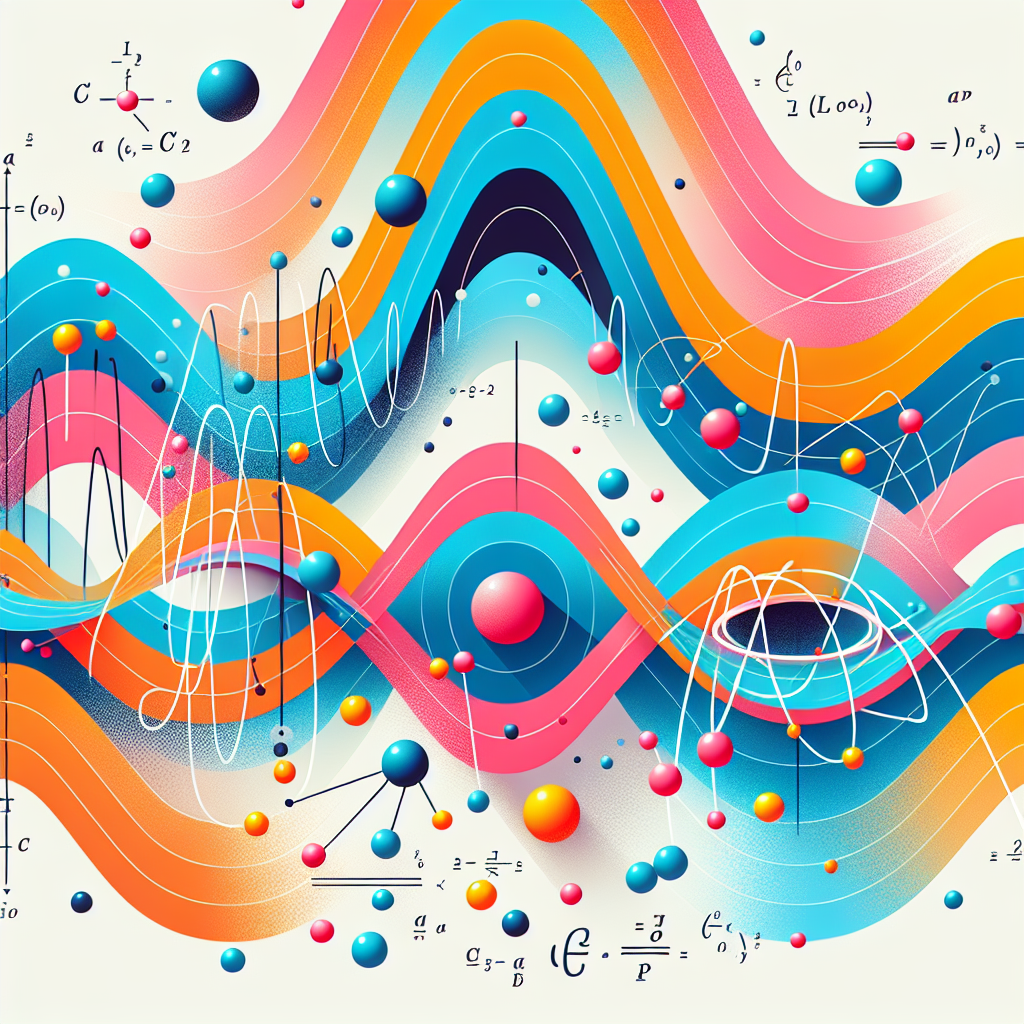
Quantum Statistical Mechanics
Quantum Statistical Mechanics is a branch of physics studying how microscopic particles like atoms and photons behave collectively. It combines quantum mechanics, which describes the unique behavior of small particles, with statistical mechanics, predicting outcomes based on large-scale behavior. In essence, it tells us how individual subatomic parts come together to form more complex systems, like a gas or a magnet at different temperatures, providing a statistical prediction of these systems' properties. It fills the gap between the extraordinary tiny quantum world and the large-scale universe we experience.
Additional Insights
-

Quantum statistical mechanics is a branch of physics that combines quantum mechanics and statistical mechanics to describe systems with a large number of particles, such as atoms in a gas or a solid. Unlike classical mechanics, which treats particles as distinct entities, quantum statistical mechanics considers the probabilistic nature of particles, where their states are described by wave functions. This field helps explain phenomena like thermodynamics, phase transitions, and the behavior of matter at very low temperatures, providing a framework to understand how microscopic actions lead to macroscopic properties in quantum systems.